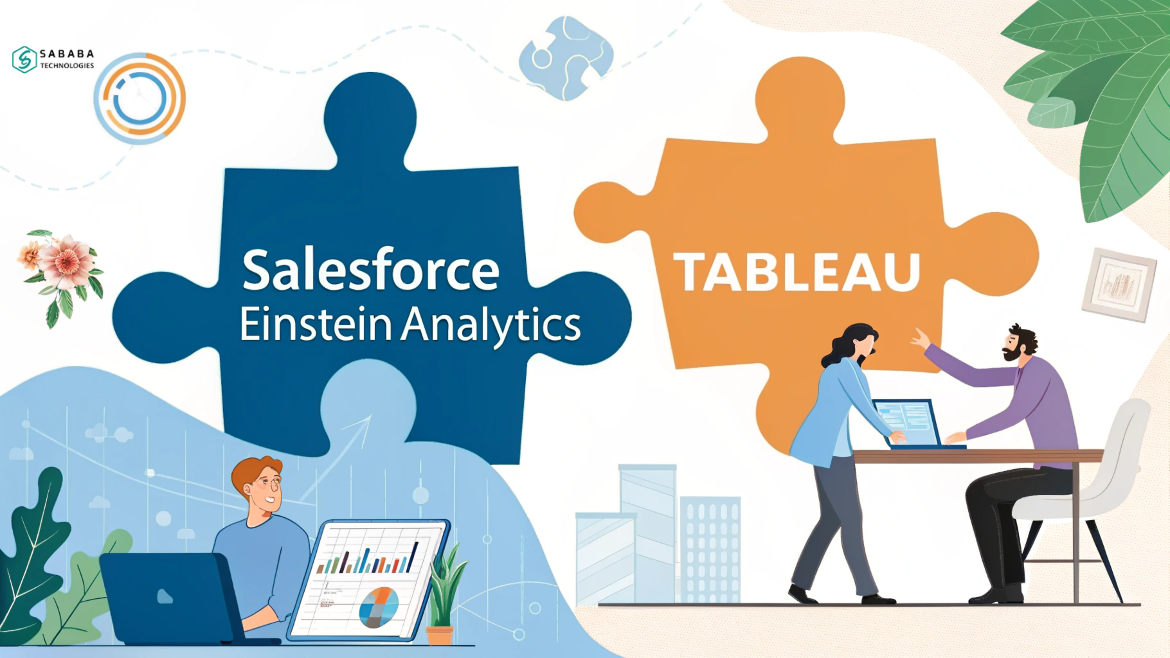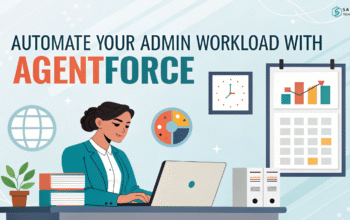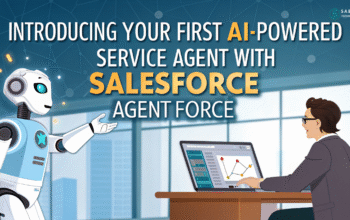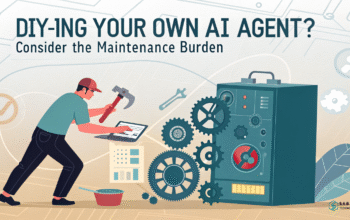Compare Salesforce Einstein and Tableau to find the right data analytics tool for your business and make better, data-driven decisions.
In today’s fast-moving business world, making sense of your data is no longer optional—it’s essential. Two standout players in this space are Salesforce Einstein Analytics (now called CRM Analytics) and Tableau. Both tools pack a punch, but how do they really stack up when it comes to data visualization, reporting, and helping teams make smarter decisions?
If you’re a data analyst or part of a business intelligence team, choosing between them can be tricky. So, let’s break down both platforms, compare their strengths, and help you decide which one fits your business like a glove.
What is Salesforce Einstein Analytics?
Salesforce Einstein Analytics is a native analytics solution baked right into the Salesforce ecosystem. It’s built for teams that already live and breathe Salesforce CRM.
What makes Einstein Analytics special is its seamless connection to Salesforce data. It offers predictive insights, automated recommendations, and AI-driven dashboards—all within the CRM interface. You don’t need to hop between platforms; everything stays in one tidy space.
Key Benefits of Salesforce Einstein Analytics
- Native Salesforce integration — no extra setup
- AI-powered predictions to boost smarter decision-making
- Pre-built templates for sales, service, and marketing reports
- Actionable insights directly inside Salesforce workflows
But here’s the catch: If your data lives outside of Salesforce or if you need more advanced visualization, you might find it a bit limited.
What is Tableau?
Now, let’s talk about Tableau. Known for its stunning visualizations and drag-and-drop interface, Tableau has earned its spot as a leader in the data analytics world. Whether you want to build a dashboard for executives or analyze trends buried deep in your numbers, Tableau makes it feel almost effortless.
Unlike Einstein Analytics, Tableau isn’t tied to just one platform. It pulls data from multiple sources—spreadsheets, databases, cloud apps—you name it. This flexibility is a game-changer for businesses juggling data across various platforms.
Key Benefits of Tableau
- Beautiful, interactive dashboards that wow stakeholders
- Wide data source compatibility beyond Salesforce
- Flexible reporting with detailed customization
- Strong community support for troubleshooting and inspiration
However, the learning curve can feel a bit steep, especially for non-technical users. And while Tableau can integrate with Salesforce, it requires more setup compared to Einstein Analytics.
Salesforce Einstein Analytics vs Tableau: Feature Comparison
| Feature | Salesforce Einstein Analytics | Tableau |
| Integration | Native with Salesforce | Multiple platforms |
| Ease of Use | Easier for Salesforce users | Flexible but requires learning |
| Data Sources | Mostly Salesforce | Broad range |
| AI & Predictive | Built-in AI features | Requires extra setup |
| Visualization | Good but limited | Best-in-class |
Which One Should You Choose?
- Choose Salesforce Einstein Analytics if your business already relies heavily on Salesforce and you want fast, AI-driven insights with little setup.
- Choose Tableau if your focus is deep data analysis, varied data sources, or creating visually impressive dashboards for wider business use.
For many businesses, the sweet spot is using both together—Salesforce Einstein Analytics for day-to-day Salesforce-driven insights and Tableau for broad, strategic visualizations.
Making the Right Move for Your Business
Choosing between Salesforce Einstein and Tableau boils down to your team’s needs:
- Need AI-driven insights right inside Salesforce? Go for Einstein Analytics.
- Looking for flexible, advanced visuals across multiple data sources? Tableau is your friend.
Both tools bring serious value to the table. The right pick depends on whether your priority is convenience within Salesforce or expansive analytics across the business.
FAQs
1. Can Salesforce Einstein Analytics connect with external data sources?
Yes, but its strength lies within Salesforce data. Connecting external sources may require additional setup or licenses.
2. Is Tableau part of Salesforce?
Yes. Tableau was acquired by Salesforce in 2019, but it operates as a separate platform with its own features and interface.
3. Do I need technical skills to use Tableau?
While Tableau is designed to be user-friendly, creating advanced dashboards may require some technical knowledge or training.
4. Which tool is better for predictive analytics?
Salesforce Einstein Analytics has built-in AI predictive features. Tableau can offer predictive capabilities, but often needs extra configuration or integration with other tools.
5. Can I use Salesforce Einstein Analytics and Tableau together?
Absolutely. Many businesses leverage both for a complete analytics ecosystem—Einstein for CRM insights, Tableau for broader data analysis.
Feeling more like puzzles than solutions? That’s when Sababa steps in.
At Sababa Technologies, we’re not just consultants, we’re your tech-savvy sidekicks. Whether you’re wrestling with CRM chaos, dreaming of seamless automations, or just need a friendly expert to point you in the right direction… we’ve got your back.
Let’s turn your moments into “Aha, that’s genius!”
Chat with our team or shoot us a note at support@sababatechnologies.com. No robots, no jargon, No sales pitches —just real humans, smart solutions and high-fives.
P.S. First coffee’s on us if you mention this blog post!



